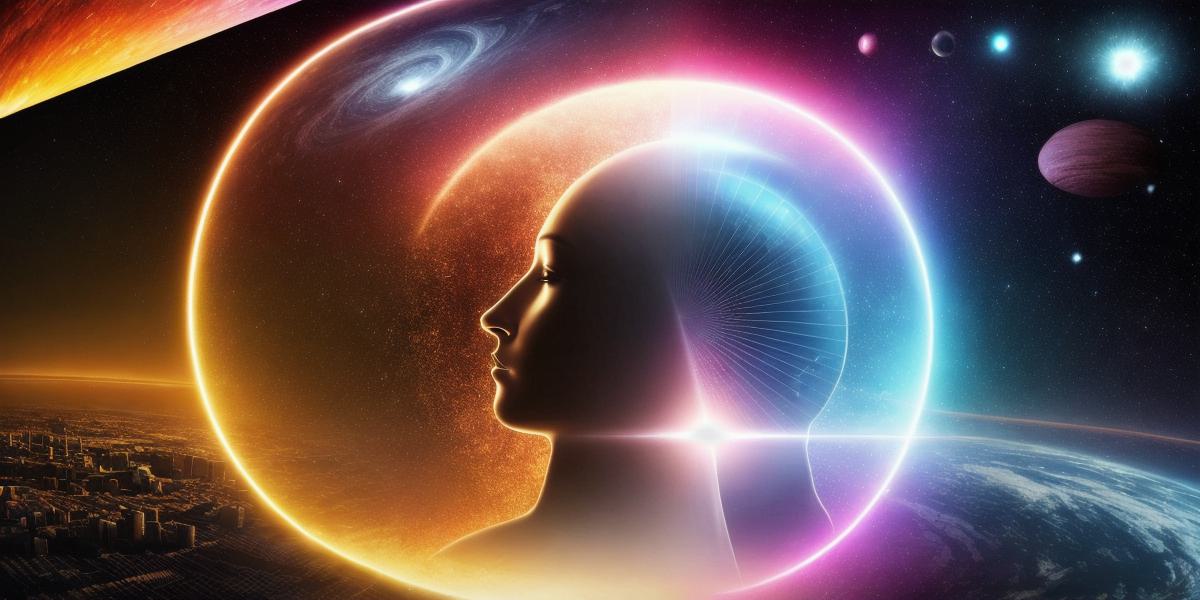As technology continues to advance, the concept of simulated reality has gained popularity. In this article, we will explore the mind-bending possibilities of this hypothesis and how it could change the way we perceive the world around us.
The Simulated Reality Hypothesis
The Simulated Reality Hypothesis is a theory that suggests that our existence may be a simulation created by an advanced civilization. According to this hypothesis, our reality could be a computer-generated simulation, and we could be living in a world that is not entirely real.
This idea has been explored in movies and TV shows such as The Matrix and Inception, but it’s becoming increasingly popular in the scientific community as well. Some scientists believe that advanced civilizations may have the technology to create simulated worlds, and if so, we could be living in one right now.
The Evidence
There is some evidence to support this theory. For example, physicist David Deutsch has written extensively about the idea of a simulated reality. He argues that it’s possible for a civilization with sufficient resources and technology to create a simulation that is indistinguishable from reality.
Another piece of evidence comes from the work of physicist Nick Herbert. He has argued that our universe could be a holographic projection, which would mean that we are living in a two-dimensional simulation. While this idea is still purely theoretical, it highlights the possibility that our reality could be a simulation.
The Implications
If the Simulated Reality Hypothesis is true, it would have profound implications for our understanding of the universe and our place in it. It would mean that our existence may not be entirely real, which could challenge our perceptions of reality and reality itself.
It could also have practical implications. For example, if we are living in a simulation, it could mean that we have access to technologies and resources that we don’t even realize exist. This could lead to breakthroughs in fields such as medicine and energy production.
The Future of Simulated Reality
While the Simulated Reality Hypothesis is still largely theoretical, it’s clear that this idea is gaining traction. As technology continues to advance, it’s possible that we will be able to create simulated realities that are indistinguishable from reality itself.
This could have profound implications for society and our understanding of the world around us. It could also lead to breakthroughs in fields such as medicine and energy production.
Conclusion
In conclusion, the Simulated Reality Hypothesis is a fascinating idea that challenges our perceptions of reality and reality itself. While this theory is still largely theoretical, it’s clear that this idea is gaining traction. As technology continues to advance, it’s possible that we will be able to create simulated realities that are indistinguishable from reality itself.
